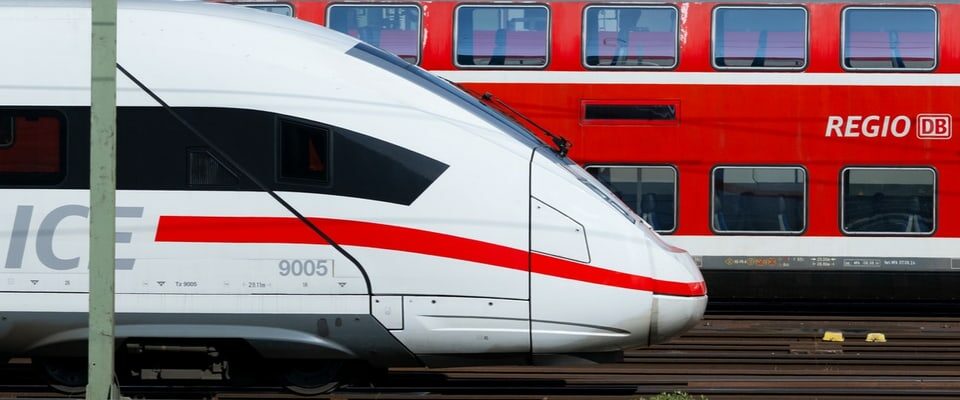- The train drivers of Deutsche Bahn (DB) have stopped work once again.
- The strike in passenger transport began on Tuesday night at 2 a.m. and is expected to last 24 hours, as a railway spokeswoman confirmed in the morning.
- In Germany, passengers have to expect major restrictions.
This is already the sixth industrial action by the German Locomotive Drivers’ Union (GDL) in the current collective bargaining round. On Monday, the railway tried unsuccessfully to have the strike stopped in court – and then announced that it would appeal to the Hessian State Labor Court.
The appeal is not scheduled to be heard until Tuesday around noon – after the strike begins. If the Hessian State Labor Court decides differently than the Frankfurt Labor Court, the GDL would have to interrupt its strike. However, this would not mean an immediate end to the restrictions for passengers.
The GDL announced the current strike at much shorter notice than the previous industrial disputes. With these “wave strikes” union boss Claus Weselsky wants to increase the pressure on DB. The DB had criticized the short-term announcement. The company said the strike would once again have a massive impact on all German rail operations.
Legend:
Once again the trains in Germany are at a standstill: the GDL union is carrying out the sixth strike in the ongoing collective bargaining round.
Keystone/DPA/SVEN HOPPE
The union is fighting for higher wages and shorter working hours. Shift workers should work 35 instead of 38 hours a week for the same wage. In a moderation, the railway accepted a compromise proposal to reduce working hours to 36 hours in two steps by 2028. The GDL refused and allowed the talks to fail.
“People have to go to work”
The federal government had declared that it would stay out of the dispute at the state-owned company DB. Both sides should keep an eye on the impact on people, said government spokesman Steffen Hebestreit. The Ministry of Transport had emphasized that the appeal was aimed primarily at the GDL. According to a spokesman, she goes overboard.
DB human resources director Martin Seiler had denounced the new strike in advance: “This unplanning is unacceptable. People have to go to work, goods have to go to the factories. Without the railway nothing works in this country.” Anyone who demands a reduction in working hours from 38 to 35 hours and could get 36 hours in an overall package should not paralyze the entire country.
GDL boss Claus Weselsky told the media in Berlin that he definitely sees room for negotiation when it comes to working hours. So one could talk about the gradual and temporal extension of the introduction of the 35-hour week. The GDL has agreed this with other companies until 2028. He also hadn’t ruled out strikes over Easter: “We won’t say how much we’ll strike and until when.”
